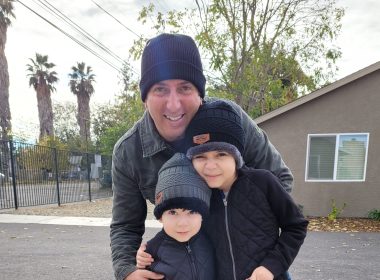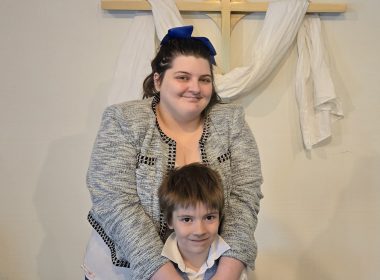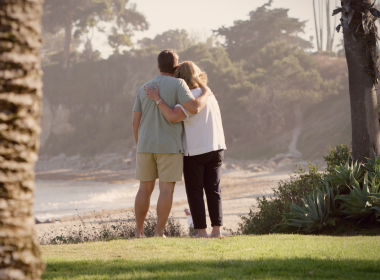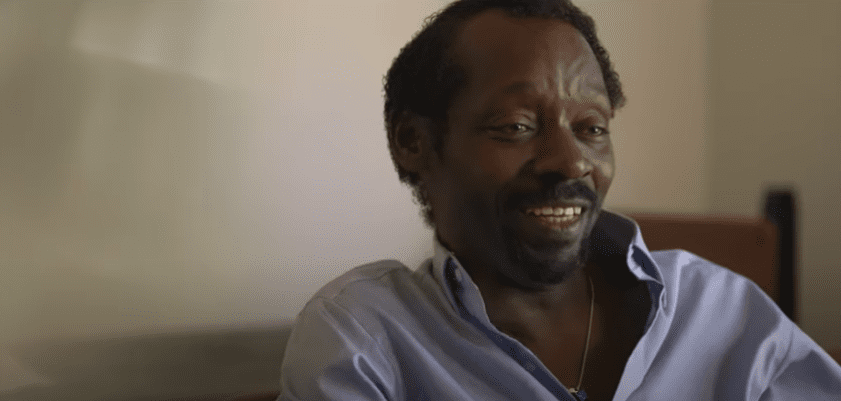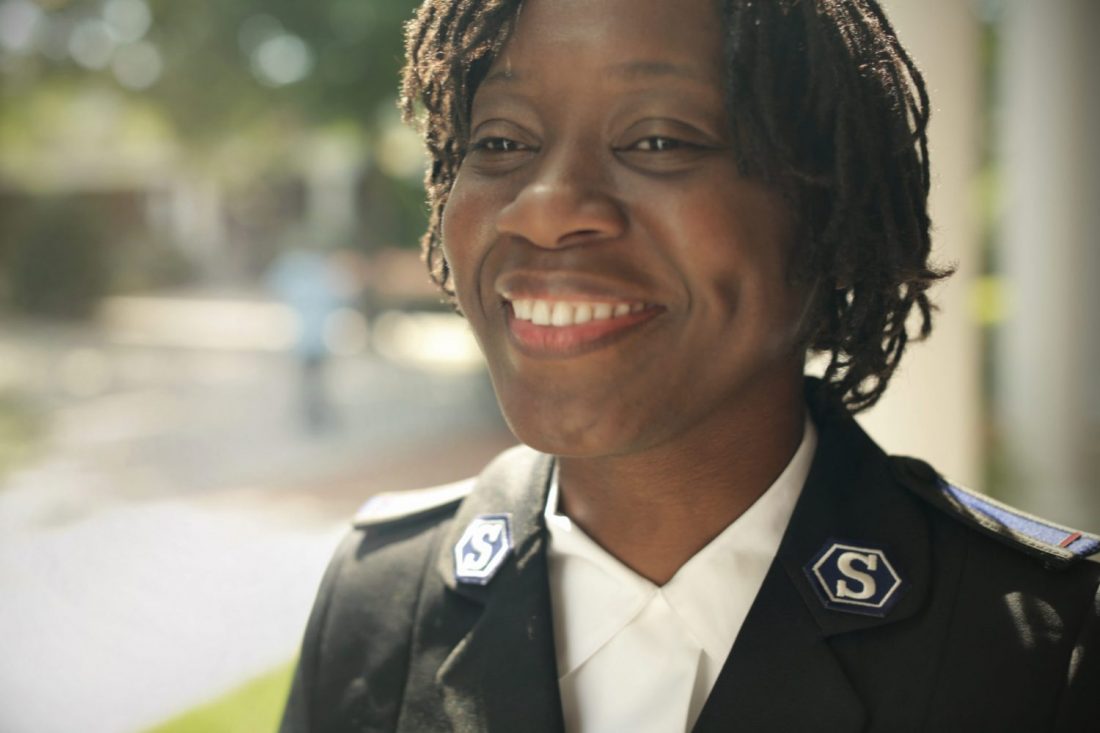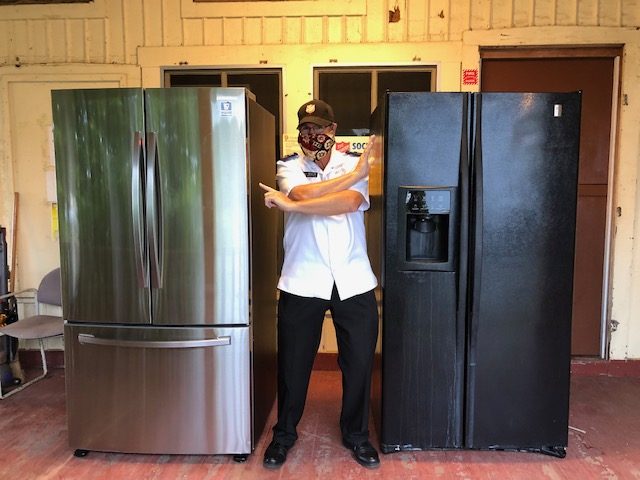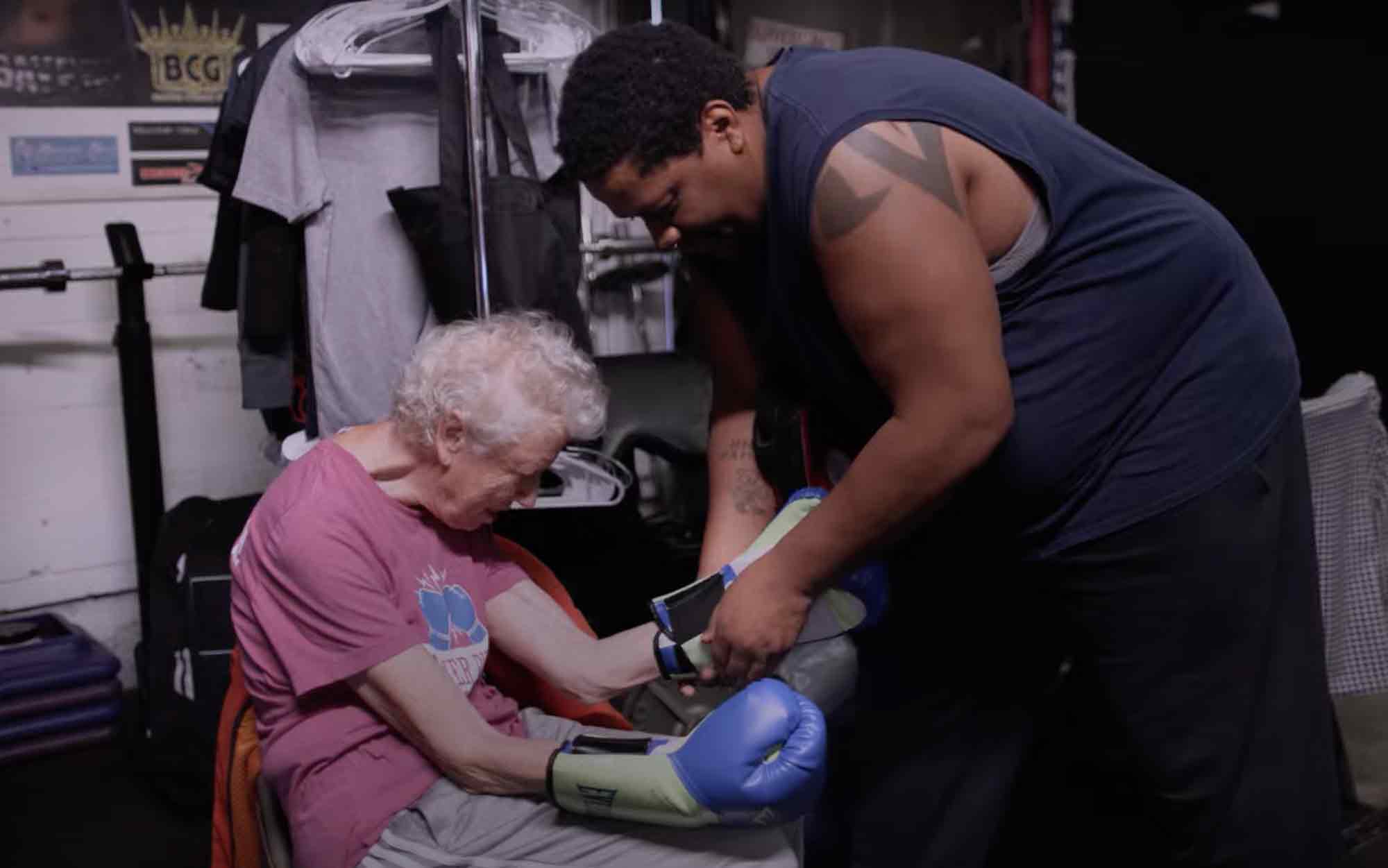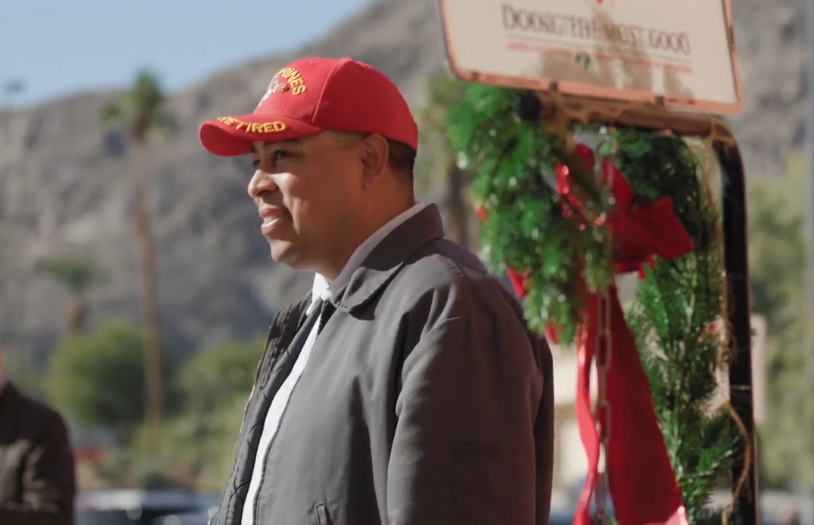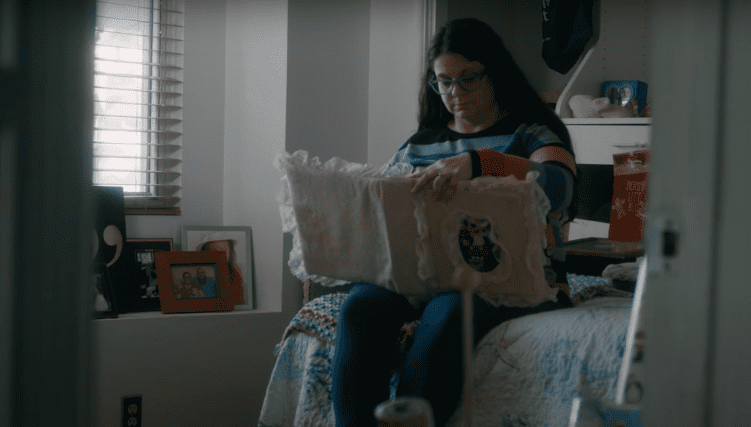On any given night in America, there are well over 500,000 men and women living on the street.
For more than 38 years, Duane was one of them, until he found his way to The Salvation Army’s Bell Shelter, a shelter and addiction recovery program for those experiencing homelessness in Southern California.
Watch and see how Duane’s life was transformed by God, and how he finally has a permanent home of his own.
Below is a transcript of the video edited for readability.
Duane: Sixty years. Sixty years of never having your own.
We’re here at Bell Shelter. I originally came here for drugs, and I was part of the wellness program that they have here. That program completely changed my life.
This is what it looks like when you first come in. We don’t have our bedding yet. You come, sit down, and figure out what you have.
Skid row. I’m in my heyday of drugs, rock and roll, and alcohol in cardboard boxes. The summers were long and nice and warm. It wasn’t hard to panhandle $100, $200 a day, just panhandling. It wasn’t hard at all. But inwardly, inwardly, I was the lowest thing you could think of.
Victoria Scott: Duane worked very hard when he was here. He is very good at bringing things up and dealing with it until he feels comfortable. So that may take a day. It may take a month. It may take a year. But because he wants to get well, it gives him the courage to walk through that pain.
Duane: I didn’t grow up with a father. My mother killed him when I was born. She blew his head off. That’s why I was born in prison. She was a very frightening person, and everything that was done wrong was met with some horrendous beating. I used to just get plastered. I tried to commit suicide three times. She was the worst thing that ever happened in my life.
Victoria Scott: Just about every single one of our clients here has been traumatized in some way or another. They do trauma-informed groups where clients learn to manage their anxiety.
Duane: Our belief is what justifies us. I was a terror my first 90 days here. I had case managers going off. I was just running amuck, and yet, I started to believe again. Not that I’m a good person but, but that my sins were paid for by Christ.
My relapses would come from a very deep emotional upheaval. I would be stressed to the point where something would just take over, and next thing you know, I’m sleeping on a cardboard box, if I could find a box. The first thing I heard in the drug program that I actually heard was that you could change how you feel.
Edwyn Hector: The easiest way for us to switch gears is to try and make sure we’re always looking at the glasses being half full. You look at the blessings of just being able to walk today, being able to talk today, being able to see today, and, more than that, being in recovery today. That’s just major. You don’t have a free man in recovery, now you have charge of your life. Do you not have everything you need?
Duane: So many people tried to get me off a schedule. Every place I went to, I knew I was going back to the streets. I couldn’t make the transition.
Victoria Scott: The apartments across the street were a godsend. There are people that really need The Salvation Army. It gives them a family. It gives them an identity. It gives them purpose. There are certain people that are going to graduate from our program that we’re going to see a lot of because we’re their home.
When Duane got his keys, I said, “Hey Duane, how are you doing?” He said, “This one’s to the front door and this one’s to the gate” and we just started crying. It was just amazing. I don’t know how long he’s been without a place to live, but it’s been a long time.
Duane: You can’t put it into words. I guess the best way to describe what it’s like is [jumps with joy and laughs]. It’s my cabinet with my stuff in it. I guess it hit me more because this was the first apartment I’ve had on my own in 60 years. When I put that key in the door, turned it, walked in and locked the door, the outside world was just that, outside.
I never realized how good it feels to have peace of mind. Not just to be relaxed and not just to be safe but a peaceful mind. There’s no place like home, and home is not just this apartment. Home is The Salvation Army. Home is Christ Jesus. Home is the Bible studies I go to. Home is the guys that I talk to here and guys that I talk to at shelter. All that is part of home, and that’s the bomb, as they say. That’s the bomb right there.
Do Good:
- See how The Salvation Army fights addiction.
- One in seven Americans is affected by addiction. And the problems addiction creates are many. As Edwyn Hector says, addiction takes you from you. That’s why he’s on a mission to help people gain control at The Salvation Army Bell Shelter—with one key starting place to find healing. Hear what he shares about what addiction takes away and where healing begins on this episode of the Do Gooders Podcast.
- See more videos like this in our video feed.

